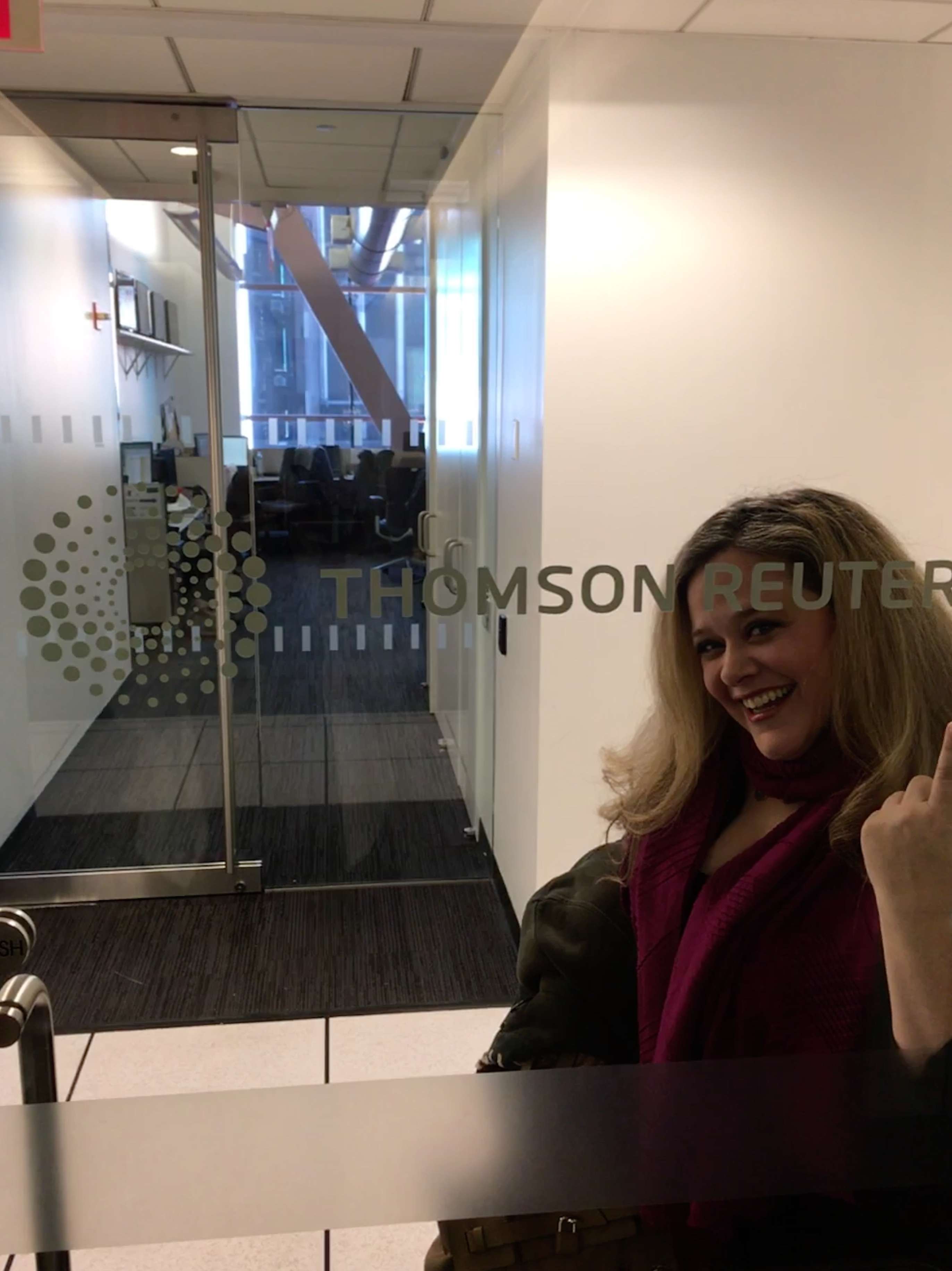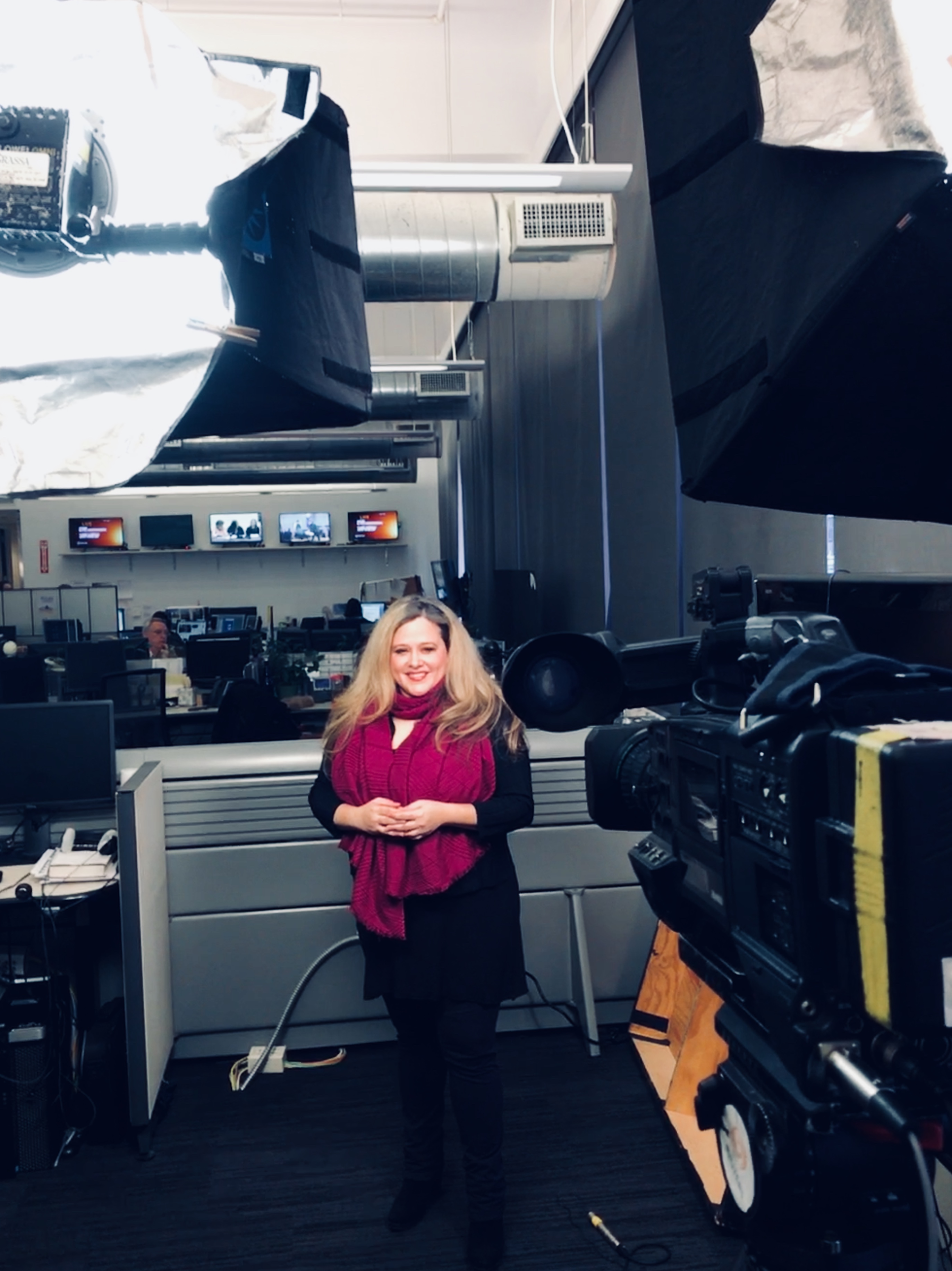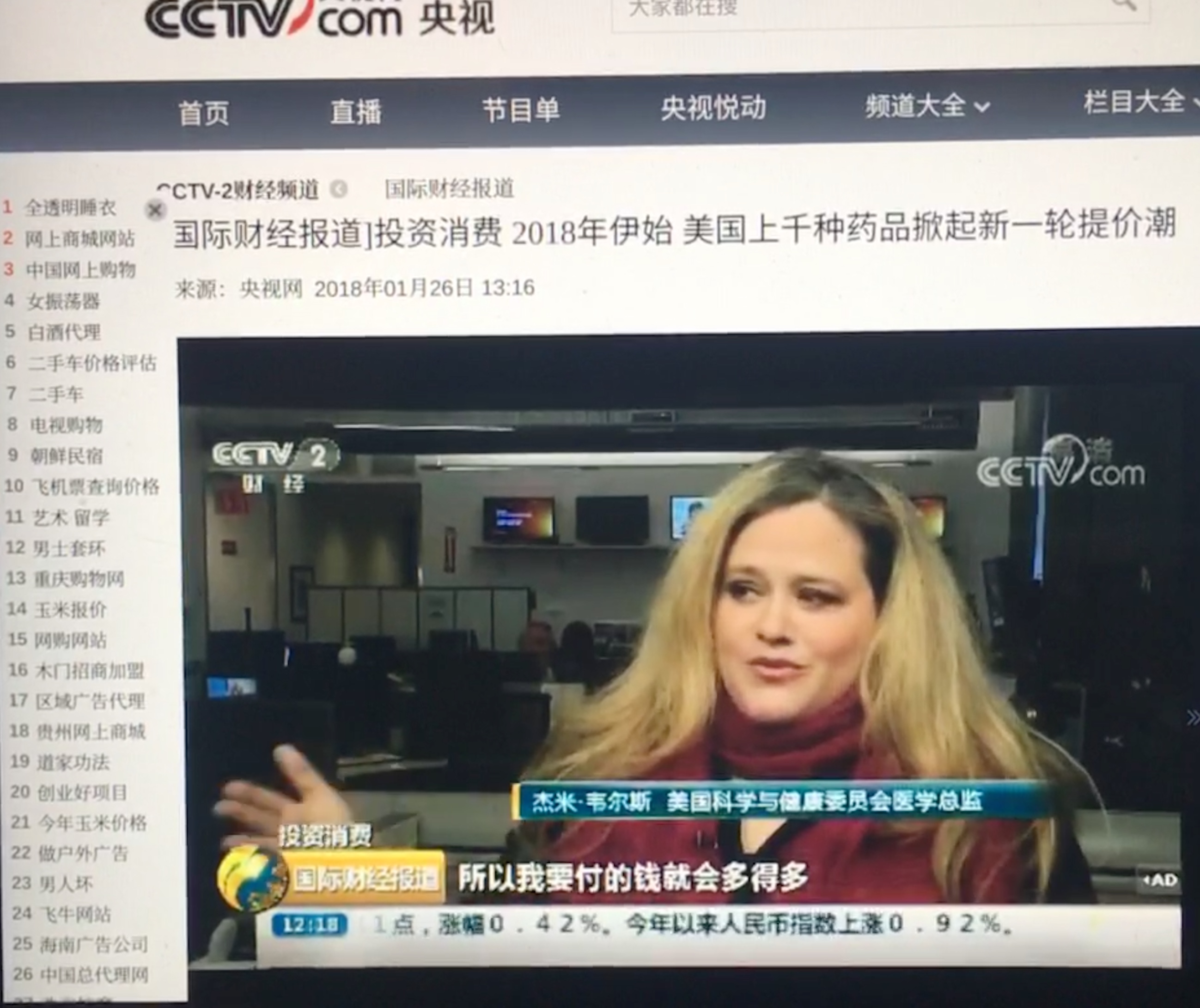Let the games begin. With an announcement just made by Intermountain Health, it appears the organization will be leading a multi-system collaborative effort, which controls 450 U.S. hospitals, in making a strategic play in the generic drug market. The stated goal: to reduce drug shortages and lower prices.
Before we delve further into this seemingly disruptive move, a little background is necessary. As of late, the pharmaceutical industry has been much maligned in a very high profile way, in particular throughout the presidential election as a target of blame for rising health care costs and continuing to reach a national stage with the debacle that was the exorbitant pricing of EpiPens by Mylan or the Martin Shkreli trial, to name a few.
Given the deliberately opaque nature of the pharmaceutical industry, they are reflexively scapegoated for all of healthcare’s ails. The reality is there is an entire pharmaceutical industrial complex contributing to the issues. Hidden costs abound within this complicated ecosystem that involves ever expanding cogs in the wheel: retailers, manufacturers, wholesalers, payers who fund the supply chain (e.g., insurance, government, mostly us), distribution lines, pharmacy benefit managers, etc.
And the patient and physician are, but a tiny component of the process without a say or comprehensive understanding.
To understand the complicated nature of the many profit centers that influence drug pricing, review my ACSH colleague Dr. Chuck Dinerstein’s two-part series on The Spread- Exploring The Reason for The High Cost of Pharmaceuticals here and here. First, he details the many parts of the supply chain and their tethered relationship. Second, he explores the integration and consolidation of the industry as a result of the high cost of research and development for branded manufacturers, compounded by the expensive and lengthy wait times for approval set forth by the U.S. Food and Drug Administration (FDA).
The refrain of the pharmaceutical industry is that branded drugs take on all the risk and expense; funding the clinical studies and extensive research and development to innovate and permit drug discovery, patent approvals, marketing, etc. It is true, they do and once those patents expire and the generics can enter the mix, the game entirely changes. Prices tend to go down. The company that holds the patents have a limited time to maximize their risk and profits, so they fight often in ingenious ways to extend the life of them. They further contend they must account for their losses when pricing. For every success, they count innumerable failures.
It can’t be ignored the drug industry is responsible for incredible innovations in the medical realm, from advances in cancer therapy (e.g. immunotherapy) to profound treatments for Hepatitis C. And beyond. But, at what financial cost is anyone’s guess. Many have tried to figure that out, a new study published in JAMA Internal Medicine sought to quantify a standard amount by focusing on new cancer drugs and analyzing the Securities and Exchange Commission (SEC) filings of the respective companies selected. Read here to understand why cancer drugs might be cheaper to make than previously thought - but, even this effort falls short on precise data.
Often, the gaming of patents is the bigger issue. Let’s not forget the maker (Allergan) of the billion dollar drug Restastis--used to treat chronic dry eye from inflammation-- who maneuvered to transfer their ownership to a Native American tribe as a tricky way to avoid U.S. laws hoping they would qualify for immunity protections as a Sovereign nation. This didn’t go over so well.
Basically, the industry has had some pretty bad public relations moves recently compelling action on multiple fronts.
Which brings us to the latest play by Intermountain Health who just announced their collaboration with Ascension, SSM Health, and Trinity Health, in consultation with the U.S. Department of Veterans Affairs(VA), to form a new, not-for-profit generic drug company. The VA has made no financial contributions to the project and an “Advisory Committee that includes a roster of well-known experts from the pharmaceutical industry, business, and government” will guide its development.
Because FDA can’t directly alter drug prices, this new effort is attempting to expand the generic market by becoming an FDA approved manufacturer to increase competition with the hopes of greater affordability. The statement reveals more health systems are anticipated to join the endeavor. It also claims this will best manage shortages and deliver hospitals more predictable supplies of generic drugs:
“As has been widely reported, certain generic drug manufacturers have been widely criticized for unwarranted and arbitrary price increases and for creating artificial shortages of vital medications. These activities have resulted in some generic drugs increasing in cost by more than 1,000 percent in just a few months for seemingly no reason…
Many of the well-publicized problems in the U.S. generic drug market can be attributed to a reduction in the number of suppliers, consolidation of production volumes, and a concentration of market pricing power. These market factors are particularly problematic with older generic medications that hospitals rely on every day to take care of desperately ill patients. This new initiative will bring together healthcare systems from around the country to help address these generic drug market failures, providing the new not-for-profit generic drug company with plenty of customers ready and eager for its products."
So, it seems, they are fighting consolidation with consolidation. What actually trickles to the patient, I will believe when I see it. Now, I imagine the Amazon-like companies are waiting in the wings to take hold of distribution as the possible CVS-Aetna merger shows promise for a stronghold on the information monopoly so vital to controlling the sector.
The times, they are A-Changin’ and the jury’s out if for the better. Given that hospitals can barely control their own inventory let alone run a generic pharmaceutical program that will have to be global in sourcing, it is quite suspect that this plan will work.
Note(s):
I recently spoke on Reuters TV in a news blast on drug pricing and pharmaceutical companies’ vow to maintain a self-imposed less than 10% increase cap (see here). Video of my interview forthcoming and my take on this being more of a PR stunt than a tangible win for patients.


Here is the link for the video that aired on China's CCTV (I come in around 1:06):


